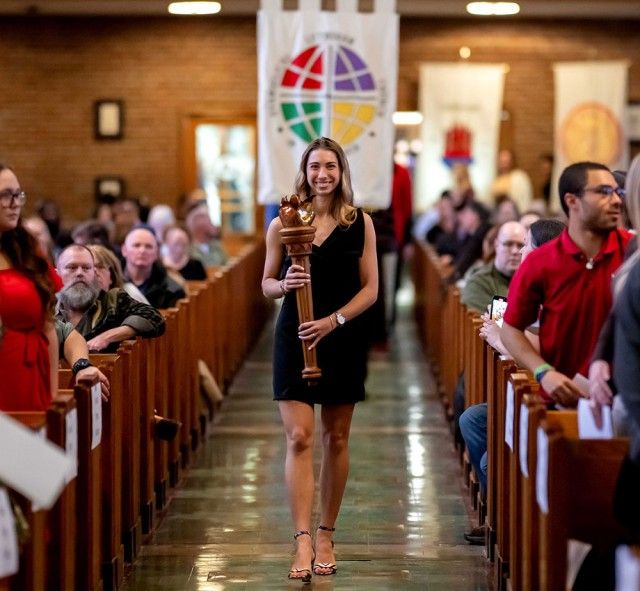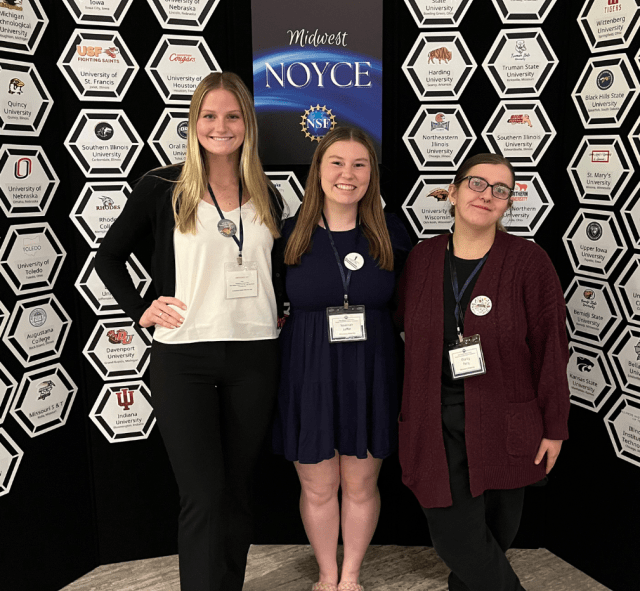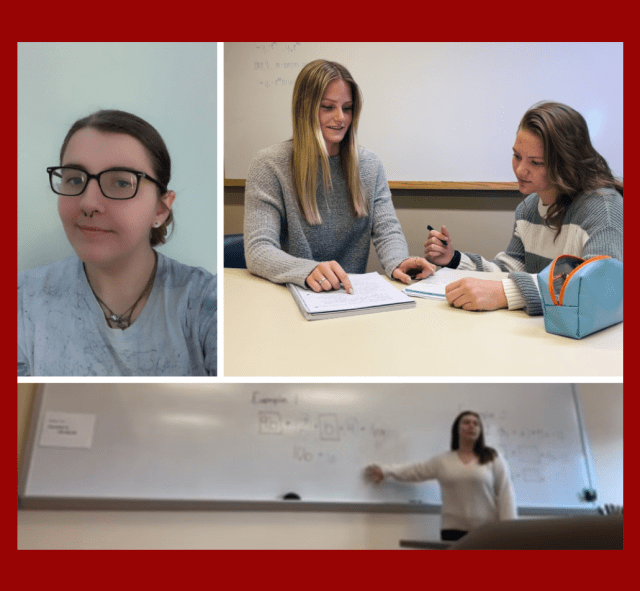For an impressive fourth time, Keith Doubt, Wittenberg University professor of sociology, has been selected by the U.S. Fulbright Program to receive one of its highly competitive awards. This time, he has earned a Fulbright Specialist Award, which will allow him to teach a short course, engage with scholars, or conduct research in Eastern Europe and the Balkans. He will be listed on the Fulbright Specialist Roster for three years.
A U.S. Department of State program, the Fulbright Specialist Program is designed to facilitate short-term exchanges for U.S academics and established professionals at host institutions, such as universities, government agencies, museums, medical institutions, or non-governmental organizations, around the world. One goal of the program is to foster ongoing collaboration between the Specialist and the host institution for years beyond the initial exchange.
“The grant is a chance for me to keep educational and scholarly connections abroad, share the experiences and knowledge I gained in Bosnia-Herzegovina with other countries, and learn from the institution and colleagues where I might visit,” said Doubt, who has focused much of his academic research on the sociological impact of the Bosnian War.
The author of five books on Bosnia, Doubt recently completed a three-year Fulbright Flex Grant in Tuzla, Bosnia-Herzegovina, for a project titled “Cultural Studies: United States and Bosnia-Herzegovina.” In 2007, he received a Fulbright Award to teach at the University of Innsbruck in Austria, and a 2001 Fulbright allowed him to teach on the faculty of political science at the University of Sarajevo in Bosnia-Herzegovina.
“I am a strong supporter of the Fulbright program,” said Doubt, who also serves as chair of the department of sociology. “It brings peace and understanding for both the United States and the world as much as any federal program.”
In addition to participating in the Fulbright Program, Doubt said he has also facilitated the University’s Fulbright Scholar-in-Residence program, which has “brought Fulbright scholars to Wittenberg to provide fine lectures and high-quality teaching to our students.” Among those international scholars are Professor Matseliso Mapetia from Lesotho, Professor Thea DeWet, an anthropologist from South Africa, and Professor Nina Vodopivec, an anthropologist from Slovenia.
Professor Nermina Mujagić, a political scientist from the University of Sarajevo, Bosnia-Herzegovina, is on campus for the 2019-2020 academic year teaching an upper-level course titled Political Conflict in the Balkans. Last December, she presented “Constitutional Engineering and Democracy in Bosnia-Herzegovina,” a colloquium sponsored by the department of sociology. She is also conducting research on the Dayton Peace Accords, the 1995 peace agreement that ended the Bosnian War, and teaching at Antioch College in Yellow Springs, Ohio.
Students aren’t the only ones who benefit from the expertise of visiting international scholars.
“For me, it has been great to have a colleague from Bosnia,” Doubt said. “We know the same people in Sarajevo and are able to help each other in our scholarly work in the Balkans.”







